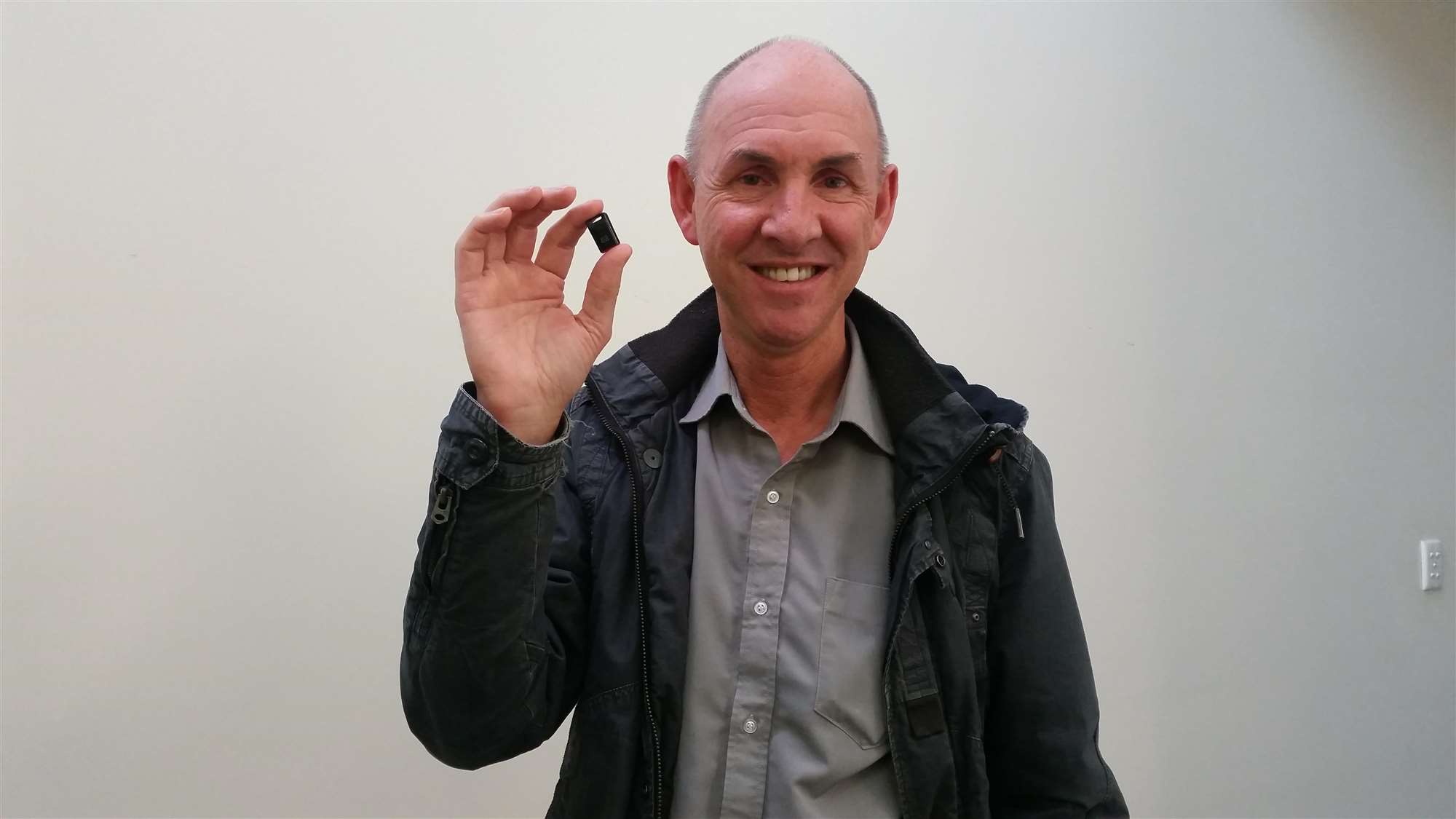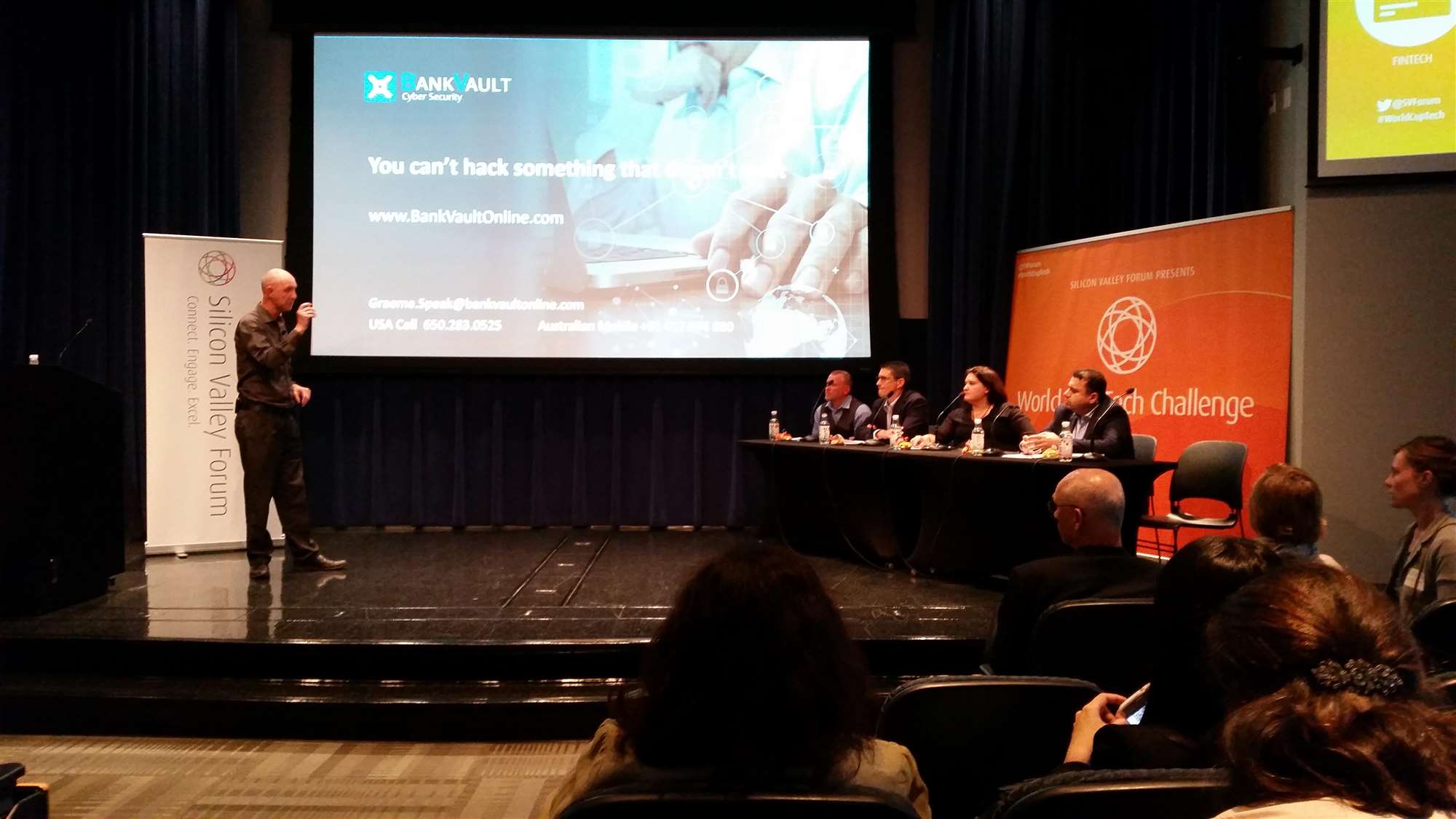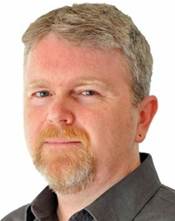Pitching to a panel of four Silicon Valley venture capitalists, Australian developer Graeme Speak impressed the judges of the Silicon Cup Forum's World Cup Tech Challenge with BankVault's cloud computing technology that thwarts malware by spinning up a fresh single-use virtual desktop for businesses to conduct online banking.
Targeted at small to medium businesses, BankVault offers the option of accessing the virtual desktop via a web browser, a desktop app or a Linux session booting from USB stick. This disposable virtual machine is rebuilt from scratch after every session, preventing malware which lurks on computers in an effort to steal passwords and other sensitive information as well as hijack online banking sessions.
"We've gone in the opposite direction to the mainstream industry," Speak says. "They're trying to harden a PC which has countless different software products installed, but you'll never solve that problem."
"That's why we've gone the other way, building virtual machines so we can take ownership of the entire software stack – we build it for a moment and then it's gone, so you can't hack something that doesn't exist."
The World Cup Tech Challenge is designed for 'pre-global' companies from around the world which have already found success in their home market and have the potential to expand internationally.
In its third year, the event was hosted this month at Microsoft's campus in Mountain View, California. BankVault was one of 23 finalists across six categories including FinTech, Internet of Things, Augmented/Virtual reality, Biotech, AI/Robotics and Agricultural Tech.
"There's a hard finish of exactly five minutes, regardless of where you are in your pitch, so you have to be well rehearsed but I think I nailed it in the first 60 seconds," Speak says.
"The judges obviously hit you with some really hard questions afterwards to test your mettle, but they were nodding along so I felt it went really well but I didn't presume that we'd win because the competition was pretty stiff."
Far from an overnight success, BankVault's story is one of perseverance with a solid underlying technology and then pivoting at the right time to seize on a global opportunity.

Greame Speak holding BankVault
The idea was born from Speak's long history with cloud services – having founded Perth-based application service provider Central Data Systems in the 1990s which later spun off virtual desktop provider GoPC. Speak pivoted GoPC on the idea of using virtual desktops to underpin secure online banking.
GoPC's sales cycle on virtual desktops was around 10 months, Speak says, but switching to focus on the issue of online banking and cybersecurity has seen BankVault's sales cycle reduced to about 10 minutes.
"I can get cut through in a sentence; we stop your bank account being hacked," he says. "It's potentially a billion-dollar opportunity – to put it in perspective, cyberhacking is well documented as costing businesses about half a trillion dollars each year and it's expected to grow to $2 trillion by 2019."
"There's an explosion in cyberhacking targeted at small to medium businesses which are sitting ducks up against the sophistication of these attacks."
Originally from Perth, Speak relocated to San Francisco in 2008 in search of funding and support for BankVault and says the win is already opening a lot of new doors.
"It's put us on the radar and the number of introductions I've had thanks to the win has been just fantastic. I was talking to one of the executives at Facebook yesterday, who wants to introduce me to a few of the guys that made their money out of the Facebook float."
BankVault is preparing for a new investment round to fuel growth, between $500,000 and $1 million dollars. From there Speak envisions a $10-$15 million round of investment to drive BankVault's global expansion.
Speak would prefer to raise investment from Australia but says the local environment gives him little choice but to look elsewhere.
"In Australia you have smart tech people doing good things but they are battling to get the attention of any funding," he says. "There's something about growing up with large companies making big money from sectors like mining which has stunted our entrepreneurial fostering."
"Look at Australian MBA courses and everyone aspires to be middle management in a large corporate, that's stability and career progress. Meanwhile when I come to Silicon Valley there's such a can-do attitude in a community which supports and encourages entrepreneurship."










